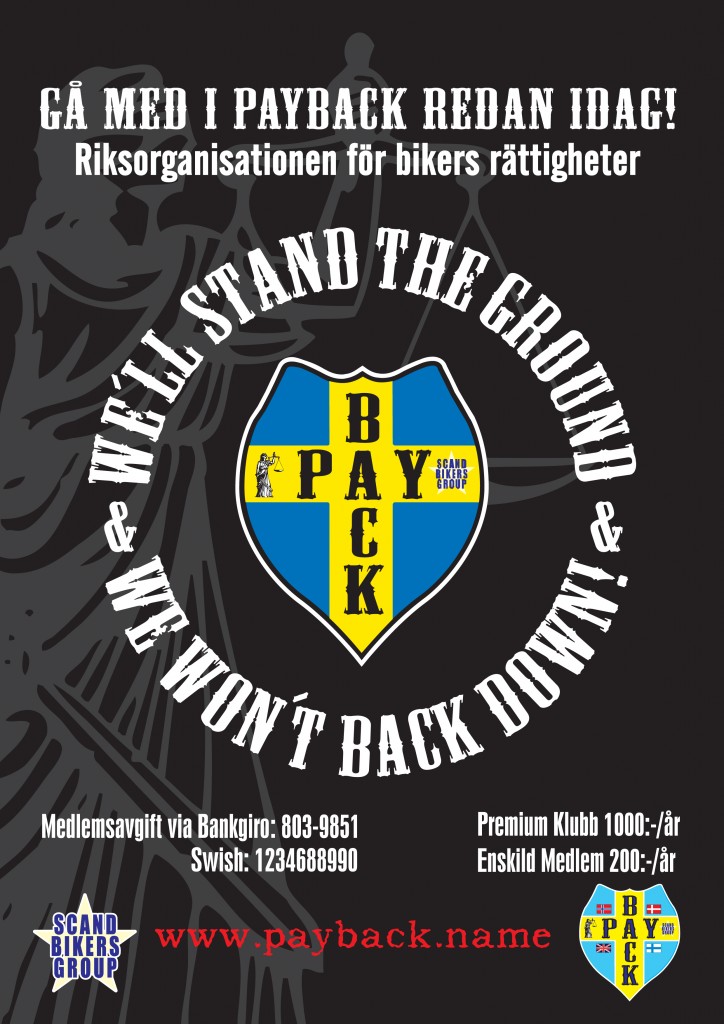Lars Lagergren är författare och forskare kring i första hand svensk motorcykelkultur genom historien. Lagergren är även författare till böckerna: Svensk Motorcykelkultur och Skinnknuttar och spättor. Lagergren har vidare skrivit en essä med namnet:Make way for the Biker: Media and Swedish Motorcycle Culture som bland annat kan sägas ge det historiska sammanhanget kring bikerkulturens framväxt i Sverige och medias ansvar kring hur bilden förändrades från en positiv bild av skinnknuttar och chopperåkare till en betydligt mer negativ bild kring bikern.
Citat från forskningsuppsatsen: Make way for the biker!
Vi citerar direkt ifrån ovanstående uppsats de för ämnet, bikerkriminalitet, adekvata delarna samt länkar till uppsatsen i sin helhet:
The Swedish media and public lacked a catchy name around which to build a stereotype. Only then could the media, the authorities and the public join forces to condemn, or for that matter support, the members of a particular subculture. Whether the young speed freaks themselves needed a brand will never be established.
In my interpretation of the outlaw biker culture in Sweden the media plays an important role. First, the media, by willingly adopting the claims of corporate American commercial cultural production, made way for the subculture by changing its attitude towards motorcycle riding, which translated to an invitation to new categories of potential customers. Second, the media showed an enormous interest in the few clubs that in the early 1990s tried to establish themselves as hard-core “outlaw” biker clubs. The latter pushed the marginalisation towards a de facto outlaw existence for these clubs and their members.
The typical motorcyclist is now a forty-five-year-old (or older) middle-class family man who sold the sailing boat or caravan to try something new. These bikers have nothing to do with the “outlaw” biker clubs, but in a way they arebenefiting from the aura of danger that surrounds those clubs.
In another dimension, the media’s function as a shaper of public opinion helps establish the image of the subculture and its members for both the public and the authorities.
The stereotypes created by the media are strong constructions almost impossible to change. If a subculture is built around a mainly positive stereotype, then there are only some rotten apples among the fresh in the basket that stand for all the bad. If, on the other hand, the subculture is built around a negative stereotype, all the fruit is
perceived to be rotten.
To break the stereotype it is necessary that the only actor who can change roles in the paly does so, This is exactly what the media did. They broke the spell by giving the motorcycle a new and, according to society´s system of norms and values, appropriate function. This time the function was not as a means of transportation but as an experience – not as something useful in the modern sense, but as something consumable in a late – modern sense. In other words – the media made way for the biker.
Länk till uppsatsen:
Make way for the Biker: Media and Swedish Motorcycle Culture

